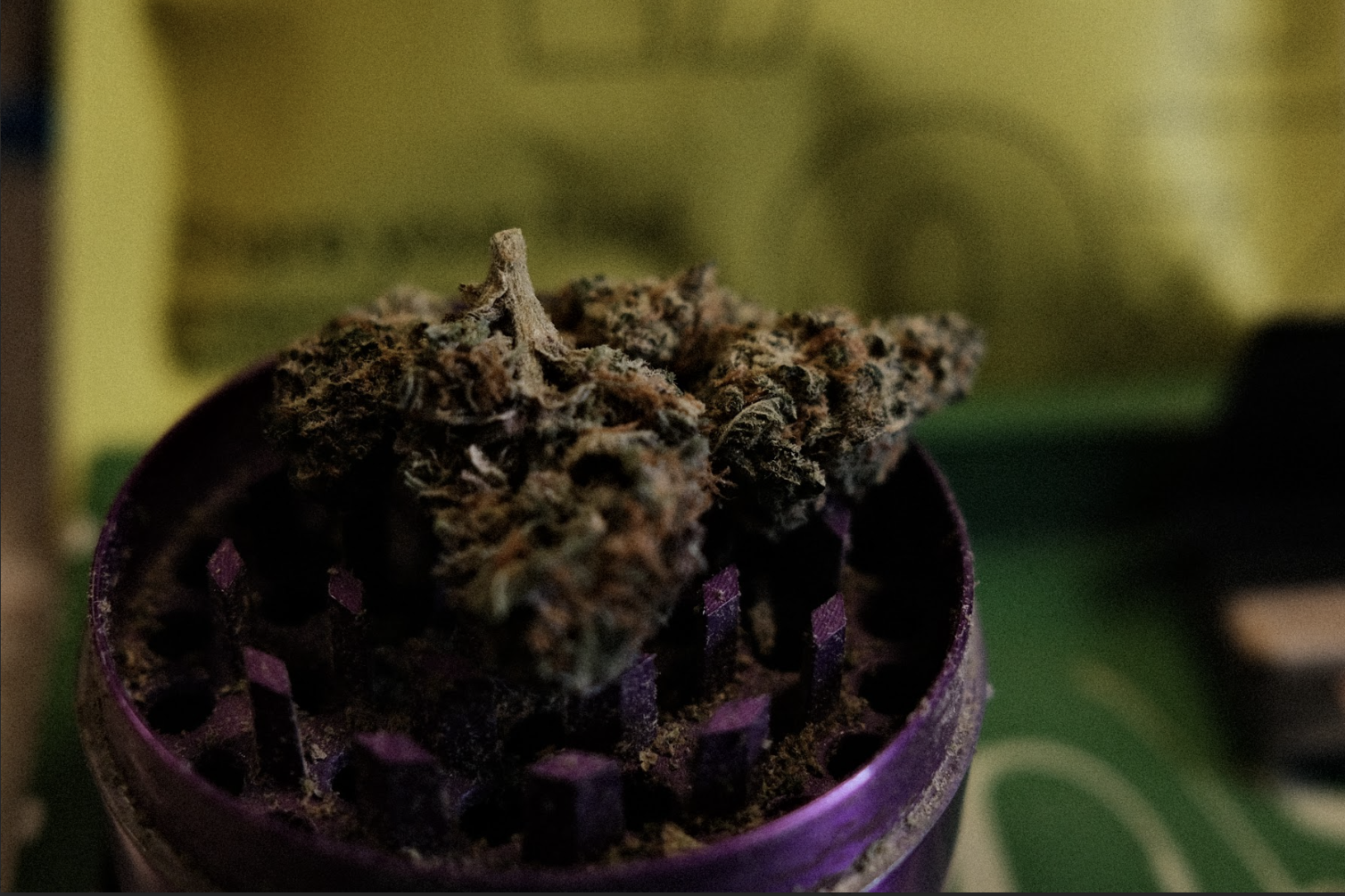On Thursday, L.D. 1975 was rejected by the Maine Legislature’s Health and Human Services Committee in its original form, with the legislators opting to instead approve a task force to study the issue further before providing further recommendations. L.D. 1975 initially proposed a decriminalization of drugs for personal use and the establishment of a recovery center in each of the state’s 16 counties. The bill was modified beforehand to be palatable for a broader swath of legislators, with decriminalization being changed to instead only raising the threshold for felony drug possession and the amount of potential recovery centers being reduced. Now, the actual changes to the law have been dropped entirely in favor of the task force proposal.
This bill would have significantly improved public health outcomes in Maine, and its replacement by a much-weakened version of the bill will only lead to a stagnation of recovery efforts. The loss of this opportunity to improve our approach towards drug dependency in this state is an unfortunate development that will only further mire structural reform and community recovery efforts in procedural limbo. It will do little except increase the perception, both within the recovery community and with the general public, that the state’s politicians are still not serious about resolving the drug crisis.
Rob Glover, a professor in the Political Science department who has published research about Mainers’ attitudes towards drug decriminalization and will be leading a work group to Portugal in May to study their implementation of such programs, said that the diverse proponents of drug decriminalization efforts are united by a “shared, strongly-held sentiment among advocates that punitive approaches to drug policy (arrest, prosecution, penalties, and incarceration) have failed.” The central idea behind decriminalization in practice is that “Alternative approaches would operate from the principle that personal use or possession of a substance should be an opportunity to identify support that can be provided for a person who uses drugs—why they’re using, how and whether their use might be problematic, the potential risks to themselves and others, and what a pathway to support or recovery might look like if it’s needed and if they’re ready.”
Certainly, it makes some sense to be sheepish about decriminalization. Heroin, fentanyl and other such drugs are dangerous substances that have a serious effect on individuals and their communities. But Glover noted that “Most decriminalization policies establish thresholds. They do not stop drug enforcement completely.” If a person is caught with an amount that surpasses this threshold, Glover said, “you would still face criminal consequences,” and more so if that individual was “involved in trafficking or selling larger quantities of illicit substances.”
Maine would not be the first place to adopt decriminalization policies. Most famously, Portugal had done so at the outset of this century. While Portugal’s program has seen remarkable success in some quadrants, namely decreasing the amount of drug overdoses, it has ran into significant stumbling blocks recently despite the improvements; recession-era budget cuts have rendered the program difficult to properly assess, with police officers unwilling to usher addicts into treatment and recovery centers closing due to lack of funding. The policy was also adopted by voters in Oregon in 2020, although this effort failed and had been aborted by 2024 due to incoherent implementation. Oregon has now re-introduced misdemeanor penalties for drug possession. Glover finds that, in order for what he calls “public health-oriented programs” to be most effective, they must be “adequately funded and supported” and “center the voices of those with lived experience and conceptualize this as a public health crisis of the highest order, similar to the HIV/AIDS crisis of the 1980s.”
As for Mainers themselves, research has revealed a surprising amount of openness towards the policy, in a state that tends to lean towards tradition. A study, which was conducted three years ago by Glover and Dr. Karyn Sporer, documented shifting attitudes towards drug policies across the board: 80% of respondents backed recovery-oriented programs such as medically-assisted withdrawal and recovery community centers, while another 74% backed drug decriminalization on a personal level.
Crucially, while the study did expose some partisan divides (Democrats being broadly more supportive of a rehabilitative approach and the use safe injection sites), the greatest indicator of one’s attitudes towards decriminalization appears to be whether that person had personal experiences with illicit drug dependency, be it their own or that of someone they know. Glover believes that, at least for Mainers, “as more folks are personally impacted by substance use disorder or overdose, their attitudes are shifting away from a strictly punitive approach.”
Still, as proven by the defeat of the decriminalization bill in the legislature earlier this week, a majority of legislators still have not realized the benefits of such a program. While Glover “respect[s] anyone who serves in Maine state government,” believing that they do “extraordinarily challenging work for inadequate pay and appreciation” and “are working hard to do right by the people of Maine,” he is disappointed with the outcome of the legislative process. He finds that the establishment of a task force fails to recognize “the urgency and severity of the opioid crisis [and] the fact that there’s already plenty of evidence to suggest that centering our approach on public health interventions yields positive results.” Glover calls the limited input allocated to those in the recovery community, be they drug users themselves or public health advocates, “particularly disheartening,” as the task force will be less equipped to acknowledge their lived experiences.
The reduction of L.D. 1975 from a bill that would take an immediate and affirmative approach towards reducing the impact of the drug crisis into one that only establishes a task force to study potential outcomes is a misguided attempt at caution that will only prolong the arduous road to seriously reducing the amount of drug deaths in Maine. Mainers deserve to know that there’s a path forward to alleviating this crisis, and we hope that in its next session the legislature will give a second look at further decriminalization efforts.












